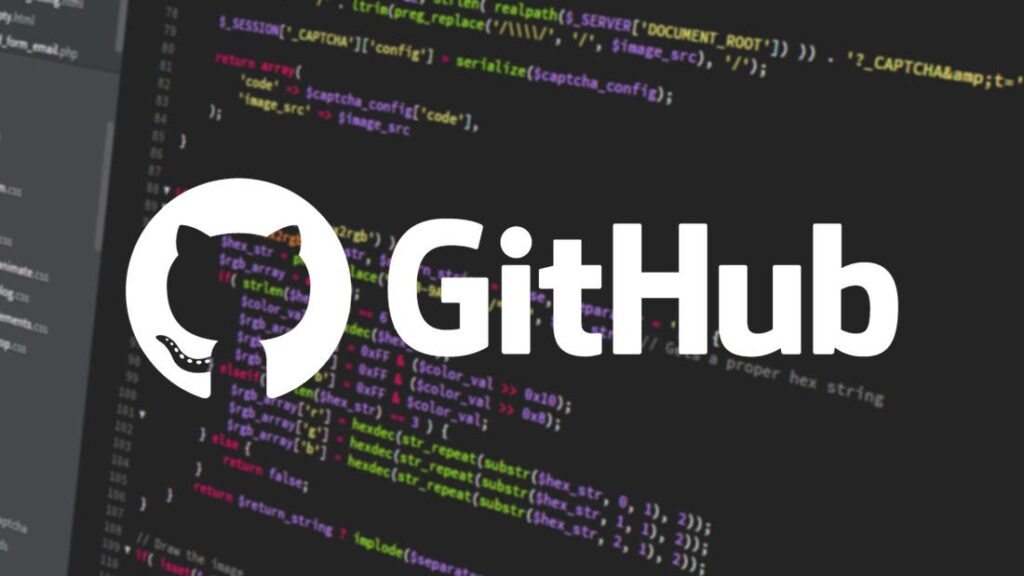GitHub’s Universe 2025 conference placed generative AI at the forefront of discussion, showcasing how artificial intelligence is transforming the way software is built, tested, and deployed. The event explored how AI-driven coding tools are accelerating productivity, reshaping workflows, and changing the nature of human creativity in software development.
AI-Powered Efficiency in Coding
Executives and industry experts emphasized the rapid adoption of GitHub Copilot and similar AI-assisted development platforms. These tools enable developers to write, debug, and deploy code faster and with greater precision. According to GitHub, engineers using generative AI are completing coding tasks up to 55% more efficiently, allowing them to focus more on design, architecture, and innovative problem-solving.
Balancing Innovation and Responsibility
While the excitement over AI’s potential was palpable, experts also urged caution. Discussions at the conference delved into ethical and practical challenges—including overreliance on automation, the risk of skill degradation, and concerns about authorship and intellectual property when AI contributes to codebases. Security implications of AI-generated code were also a focal point, highlighting the need for transparency and responsible AI practices.
Humans and Machines as Collaborators
“AI is becoming a collaborator rather than a competitor,” said GitHub CEO Thomas Dohmke. “The future of software will be built by humans and machines working side by side.” His remarks reflected a recurring theme throughout the event: AI will not replace developers but will redefine what it means to be one.
The Future of Developer Roles
As generative AI continues to evolve, GitHub underscored the importance of ethical integration, developer education, and transparent collaboration. The company called for a balanced approach that preserves human creativity and accountability while harnessing AI’s potential to revolutionize the development process.
The conference’s central message was clear — AI is reshaping software development from the ground up, but the human element remains indispensable. By embracing responsible innovation, developers and organizations alike can build a future where AI amplifies human potential rather than replaces it.

